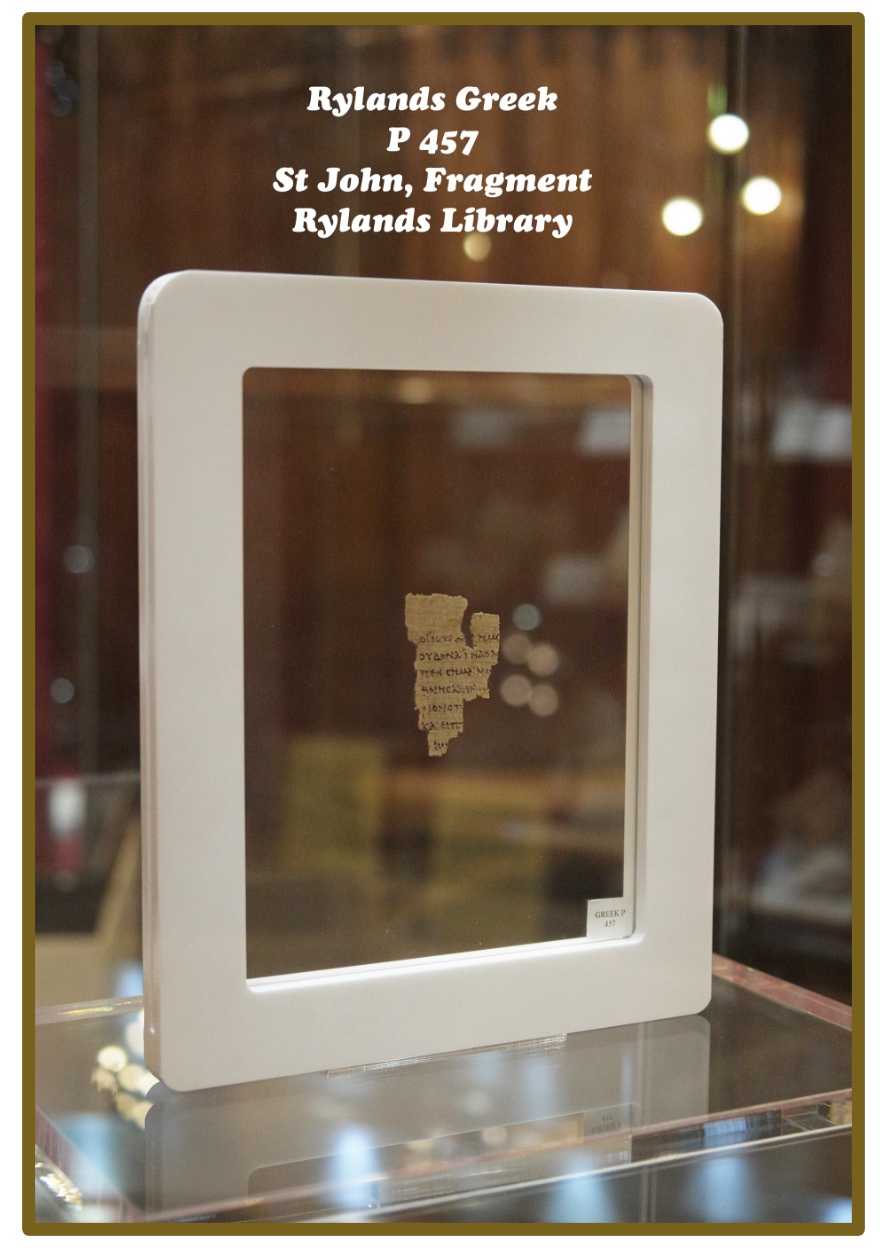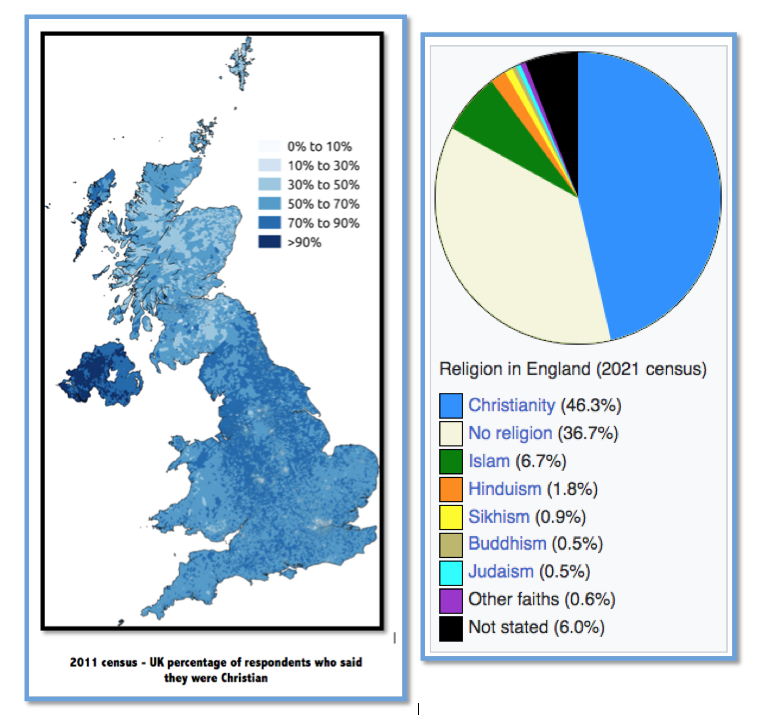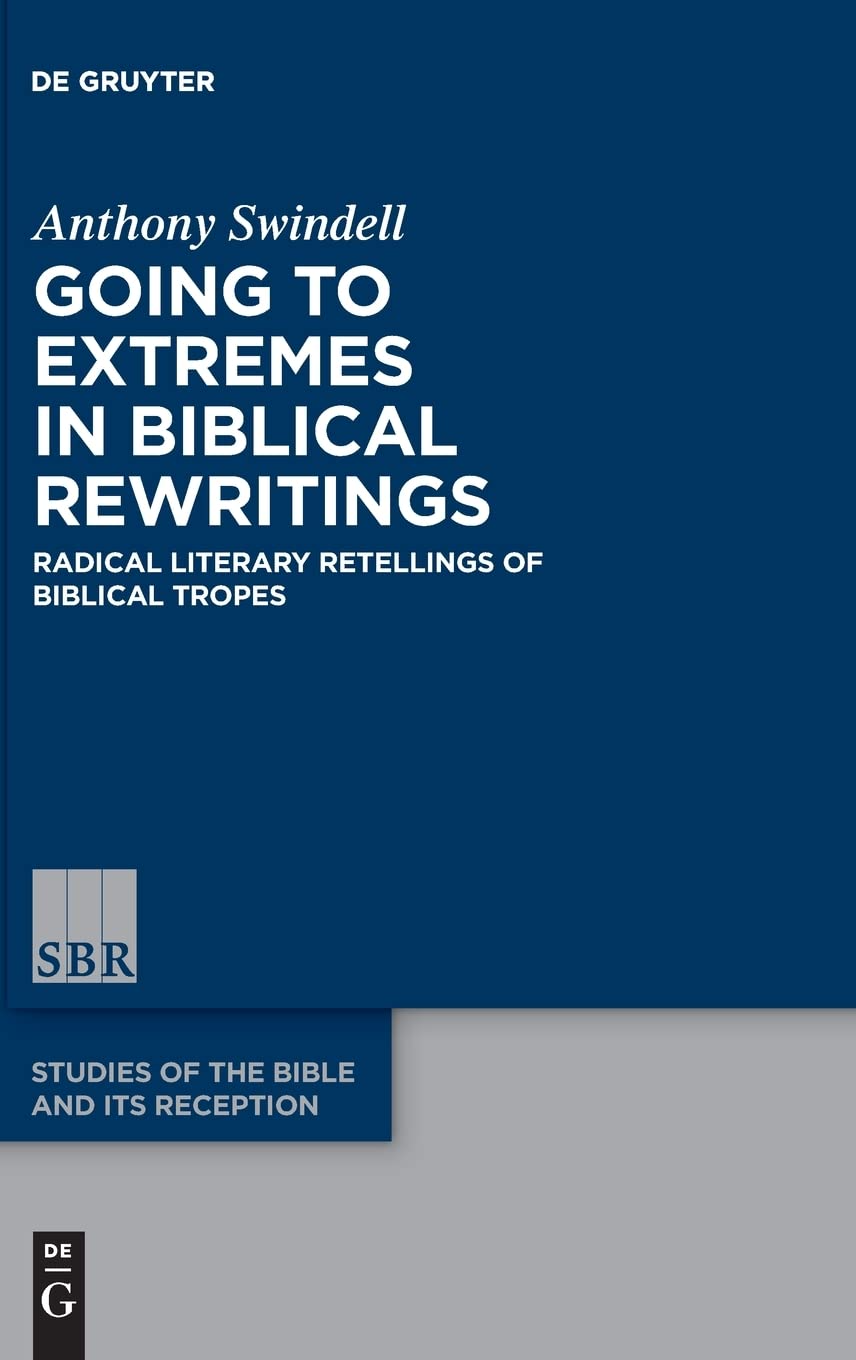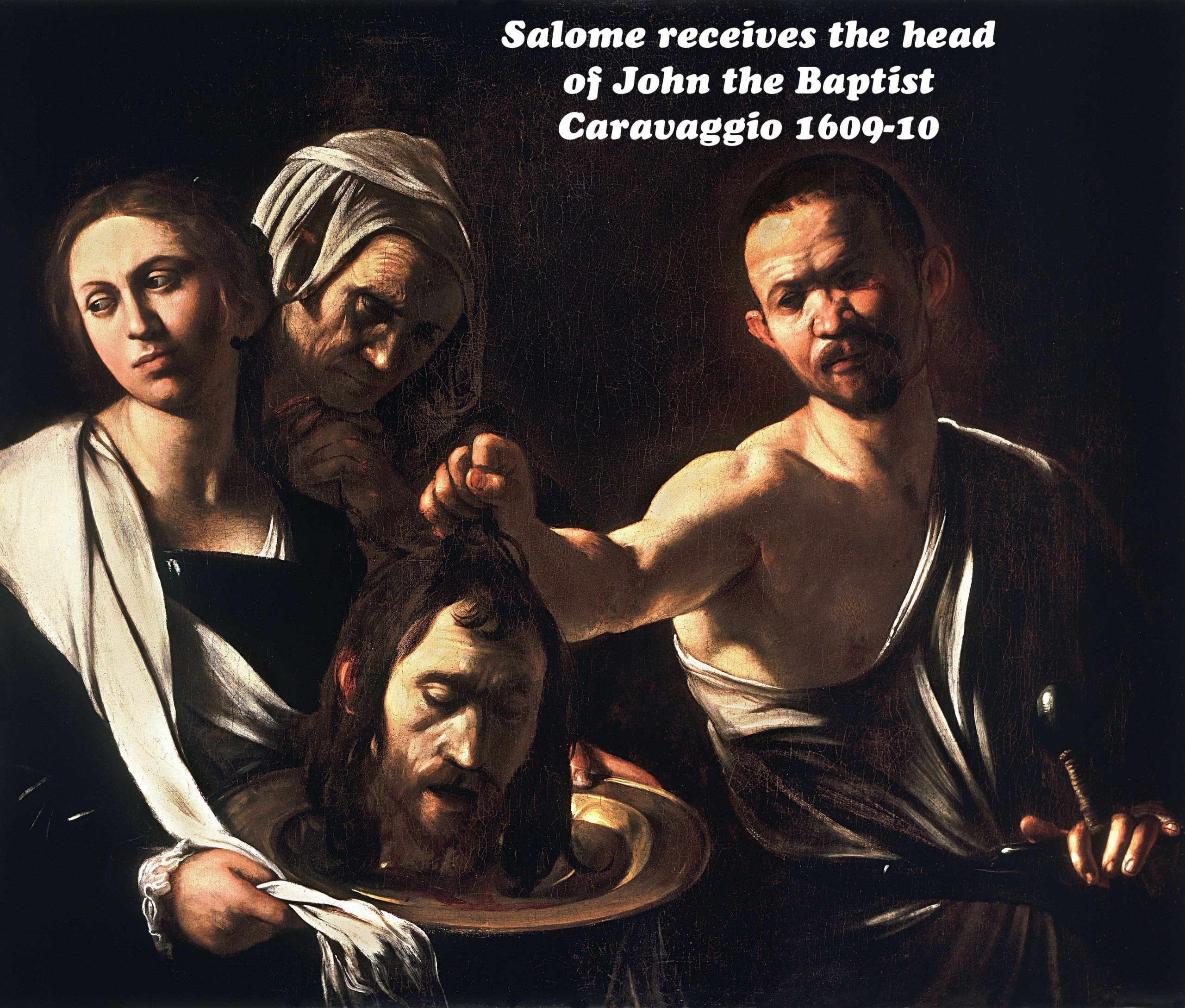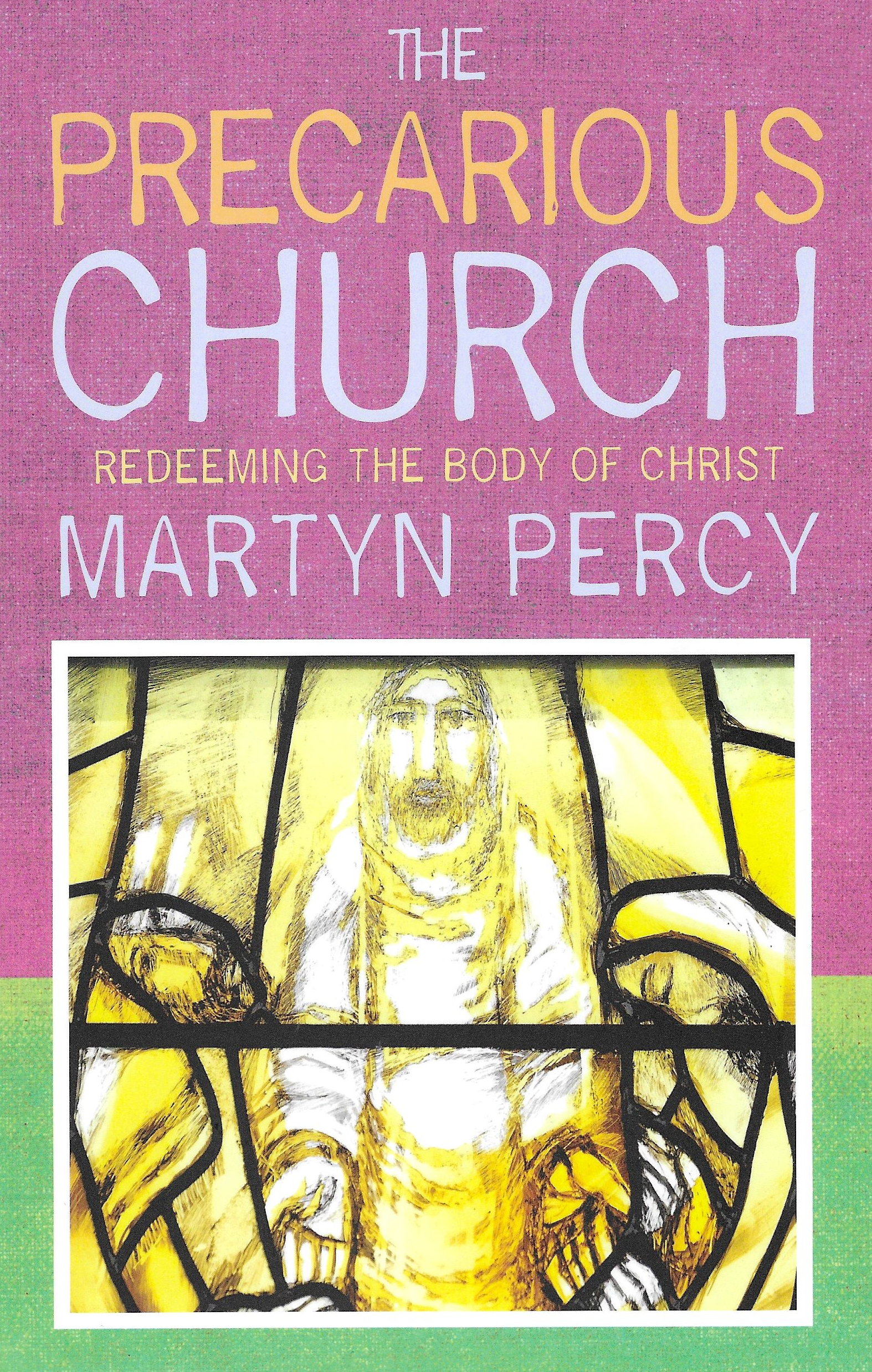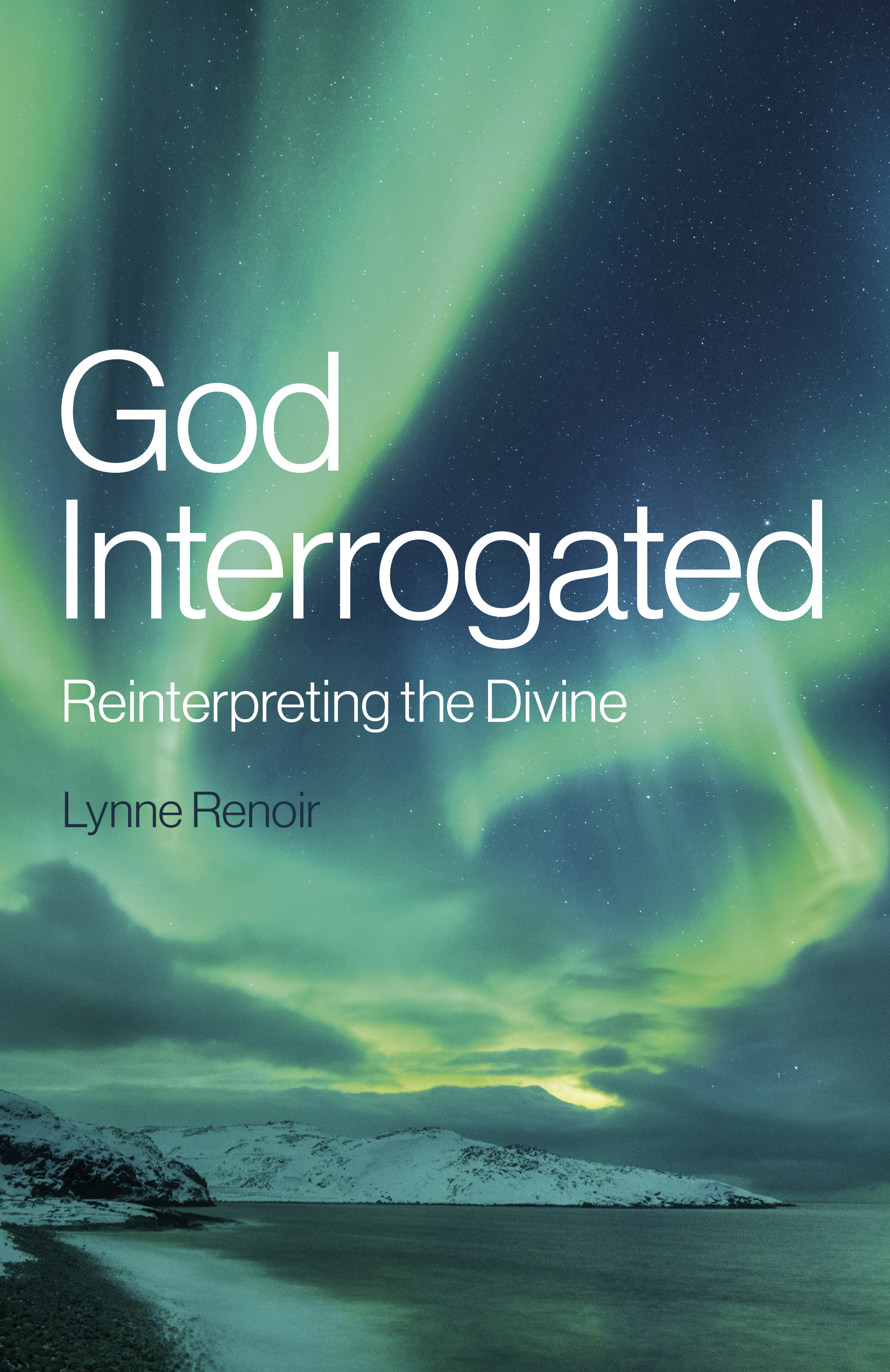GADFLY Paul Oestreicher reflects on being a gadfly
The Rev'd Canon Paul Oestreicher reflects on being a 'gadfly' ... In 1984 my election as Bishop of Wellington in New Zealand made the English newspapers. A day or two later a postcard arrived from Francis House, whom I’d never met. It simply said “Don’t go. You are the gadfly our Church cannot do without.” I was puzzled. Who was this Francis and what is a gadfly? A gadfly, I soon learned, was a troublemaker who, more popularly, puts a cat among the pigeons ... CLICK ON PICTURE TO CONTINUE


